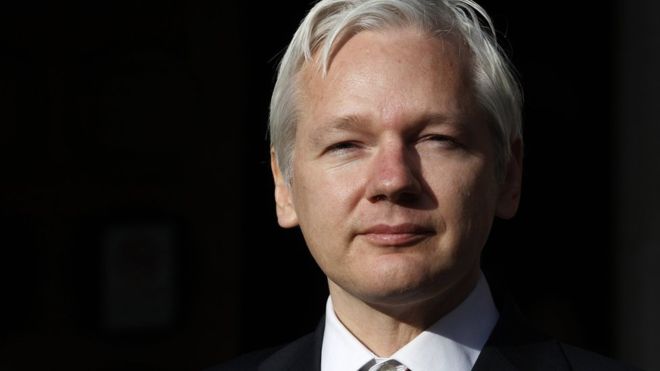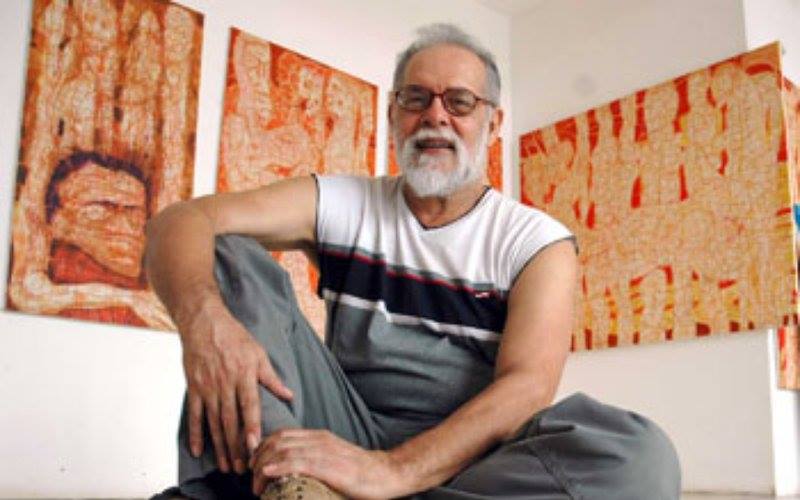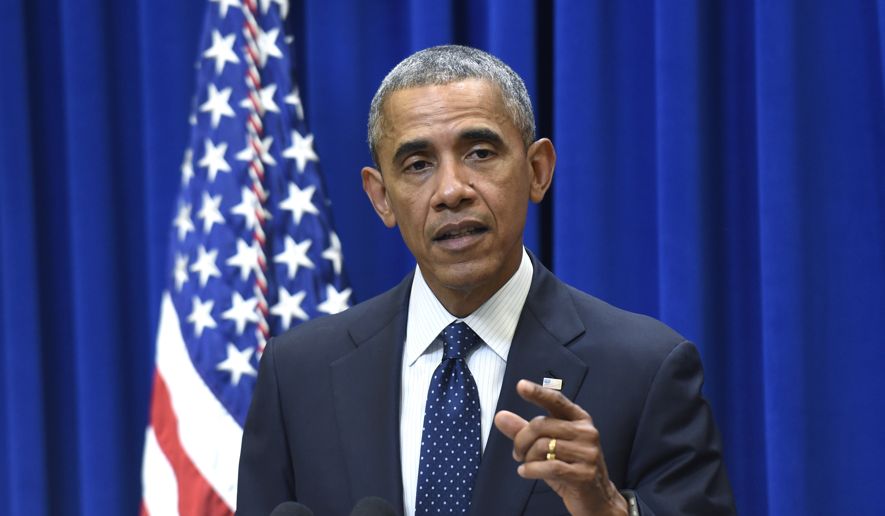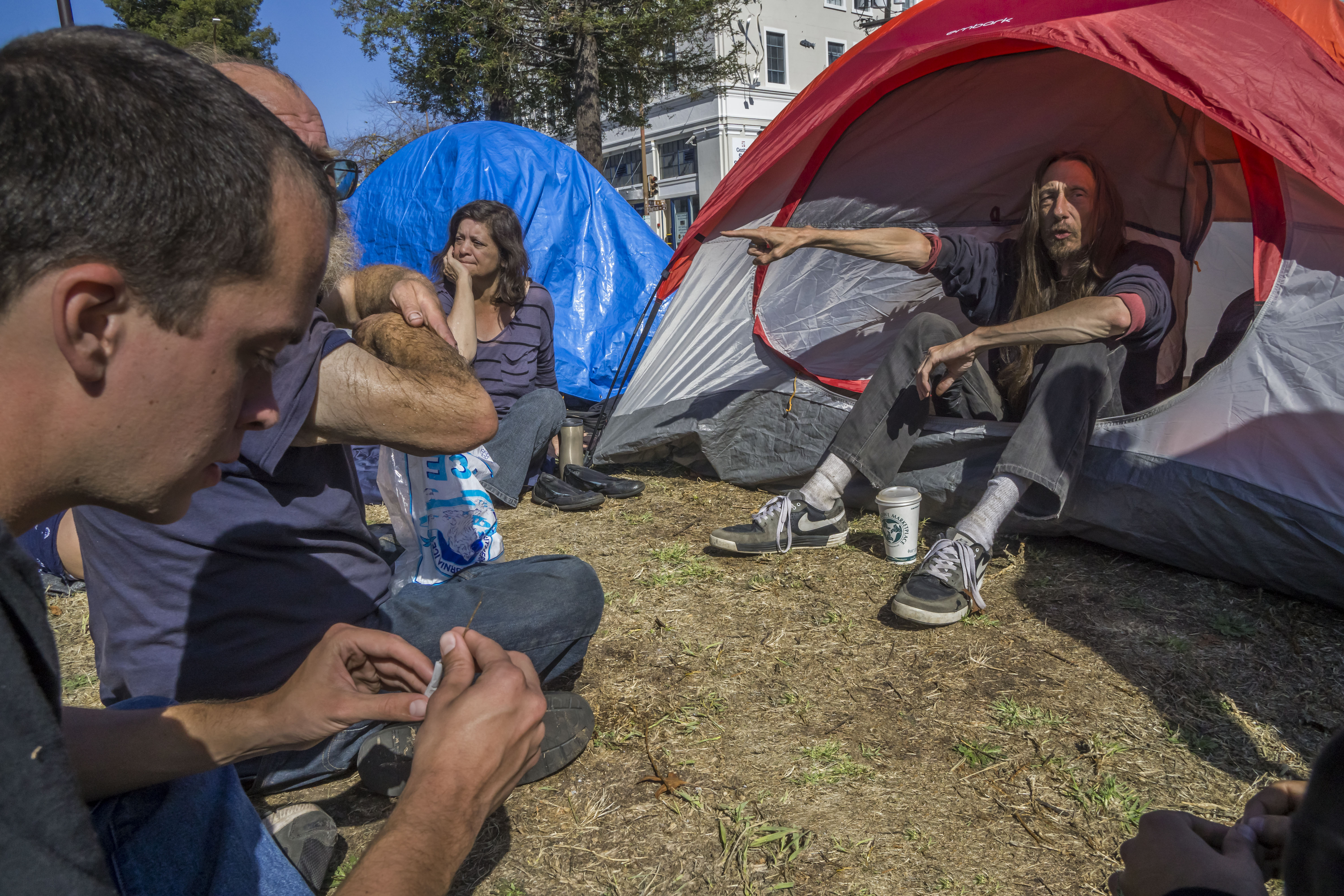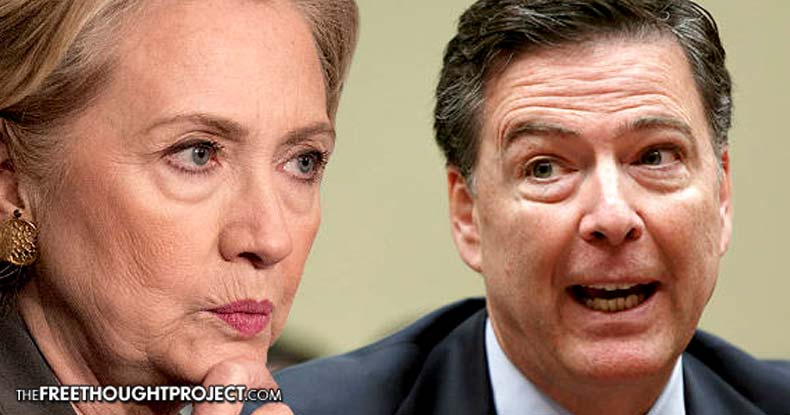Is the wall possible?
by Josh Siegel
When Donald Trump is inaugurated as president in January, he has the authority to dramatically reshape immigration policy by himself.
While Trump would need Congress to appropriate money to fund his biggest campaign promise—building a wall across the southern border—he can act alone in other areas, just like President Barack Obama has, in deciding how to enforce immigration law.
“The president does have a lot of executive authority and discretion to enforce the law as he wishes,” said David Leopold, an immigration attorney and former president of the American Immigration Lawyers Association. “There is a lot of immigration enforcement discretion.”
How Trump Can Act Alone
In interviews with The Daily Signal, Leopold and other experts described how Trump could act on the many promises he made to overhaul U.S. immigration policy.
Trump can take immediate actions by himself, starting with canceling Obama’s 2012 Deferred Action for Childhood Arrivals program, or DACA, which has provided deportation protection and work permits to about 800,000 immigrants who were brought to the U.S. illegally as children.
The program grants protection for two years, after which beneficiaries can apply again. New applicants can still request DACA protection through the Department of Homeland Security’s U.S. Citizenship and Immigration Services (USCIS).
“One of questions is whether he would cut [DACA] off immediately or let the program sunset so that when people’s protection expires, he does not allow for renewals,” said Faye Hipsman, a policy analyst at the Migration Policy Institute. “USCIS is still receiving first-time DACA applications, so that would occur in a pretty staged and staggered manner.”
Trump could also permanently cancel a broader Obama program that made more people eligible for DACA protection and extended legal status to include the parents of U.S. citizens or legal residents. The Supreme Court has blocked that program.
In addition, Trump, if he wishes, can change the priorities of the Department of Homeland Security on who it seeks to deport.
The Obama administration asked Immigration and Customs Enforcement (ICE), the agency that handles most deportations, to focus its resources on those who are considered threats to public safety, or have been convicted of crimes, usually a felony.
Other priorities for deportation include individuals who have been convicted of multiple misdemeanors, and recent arrivals who came here illegally after Jan. 1, 2014.
“Right now, the way the Obama administration is treating it, is unless you are a priority, we won’t actively go after you. Trump can flip that,” said Theresa Cardinal Brown, the director of immigration policy at the Bipartisan Policy Center, and a former policy adviser at the Department of Homeland Security.
After calling for mass deportations early on in his campaign, Trump has walked that back to say he would focus enforcement on illegal immigrants with criminal records.
“Right away, border security is one of the top five things he will try to address right out of the starting gate,” said Jessica Vaughan of the Center for Immigration Studies.”
Seeking Help From Congress
Trump would need Congress’ cooperation on his signature proposal—finishing the construction of a wall across the southern border.
The border security mechanism that Congress would support would likely not come in the form of a brick-and-mortar wall described by Trump, but as extended fencing.
Immigration experts say the U.S. has spent billions in recent years fencing about one-third of the border.
The next president has the template to finish the job.
In 2006, the Republican-controlled Congress passed the Secure Fence Act, which authorized 700 miles of additional fencing along the border with Mexico. President George W. Bush signed the law. However, his administration later pushed for an amendment to the bill to give the government the discretion to determine what type of fencing was appropriate in the various areas of the border, depending on environmental and land-use restrictions.
As a result of that amendment, the majority of the fencing erected as a result of the law has been vehicle barriers—designed to stop vehicles rather than people, and single-layer pedestrian fencing. The original law called for double-layered fencing. Subsequent Republican attempts to require double fencing have failed.
“Depending on what type of infrastructure he wants, [Trump] probably already has the authorization to do it,” Brown said. “He just needs Congress to appropriate money.”
Similarly, Congress would have to approve the funding for another major Trump proposal: tripling the number of ICE agents who focus on deporting immigrants living in the country illegally.
Brown says personnel costs already make up about 80 to 90 percent of the budgets of ICE and Customs and Border Protection (CBP), the agency that protects the border.
The border patrol, meanwhile, has faced challenges fulfilling hiring goals mandated by Congress.
Republicans in Congress who share Trump’s hard-line positions on immigration say they welcome his plans, even though they will certainly cost a lot of money.
“It seems to me the Republican conference sees we just had a seismic, historic election so there is a new mandate to get things right with immigration,” said Rep. Dave Brat, R-Va., in an interview with The Daily Signal. “It was one of [Trump’s] big issues, and one of my big issues that I ran on. So yes, it is worth the money. Look at France and Germany. If you don’t secure borders, you lose the entire country.”
House Speaker Paul Ryan, R-Wis., who met with Trump on Thursday, was asked by Fox News’ Bret Baier if he supports building a wall but committed only to “physical barriers.”
“I’m in favor of securing the border,” Ryan said. “And I do believe you need to have physical barriers on the border. I will defer to the experts on the border as to what is the right way to actually secure the border.”
Senate Majority Leader Mitch McConnell, R-Ky., is less committal on whether he’d support paying for a border wall.
Speaking to reporters Wednesday, McConnell did not directly answer questions about if he supports Trump’s wall proposal.
But despite Republican control of the House and Senate, Trump’s border security plans needing congressional approval will likely be opposed by Democrats. In the Senate, Democrats still have the power of the filibuster to block legislation.
“If enforcement is his primary push, Democrats will be opposed to that unless legalization is part of the conversation,” Brown said. “That has been the quid pro quo on immigration for years.”
More Trump Proposals
Along with his more prominent proposals, Trump has also called for punishing so-called sanctuary cities that limit their cooperation with federal immigration authorities.
Trump could withhold federal funding from those cities, but would need support from Congress to do so.
The president-elect has not limited his plans to illegal immigration.
He said he would reduce legal immigration levels, a step requiring the approval of Congress.
And Trump said he would suspend immigration from countries that are “compromised by terrorism,” although he has not clarified what countries he’d consider.


